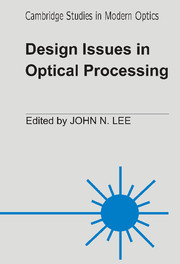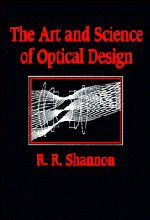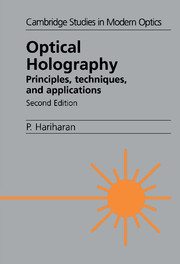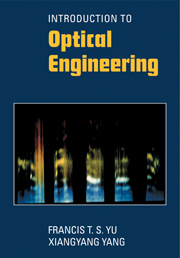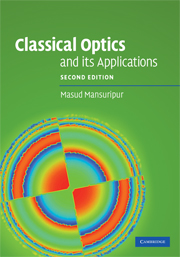Design Issues in Optical Processing
Optical techniques have a huge range of potential applications in signal processing and in the interconnection of digital computing systems. This 1995 book provides a detailed review of the key issues which must be addressed in the design, evaluation and implementation of practical systems for signal processing and optical interconnection. Considerations such as the computer modelling of optical design limitations, the size and noise characteristics of optical modulators, and the relative merits of free-space and guided-wave optical technology in different processing systems, are all discussed in detail. The book will be of great interest to optical researchers and designers, and to anyone wishing to learn about the basic techniques of optical processing.
- Detailed coverage of an important and rapidly expanding topic of research
- International authors of high repute
Product details
July 1995Hardback
9780521430487
294 pages
229 × 152 × 17 mm
0.56kg
129 b/w illus. 9 tables
Available
Table of Contents
- 1. How optical computers, architectures and algorithms impact system design
- 2. Noise issues in optical linear algebra processing design
- 3. Effects of diffraction, scatter, and design on the performance of optical information processors
- 4. Comparison between guided-wave and free-space optical interconnects for parallel processing systems
- 5. High-speed compact optical correlator design and implementation
- 6. Optical and mechanical issues in free-space digital optical logic systems.

